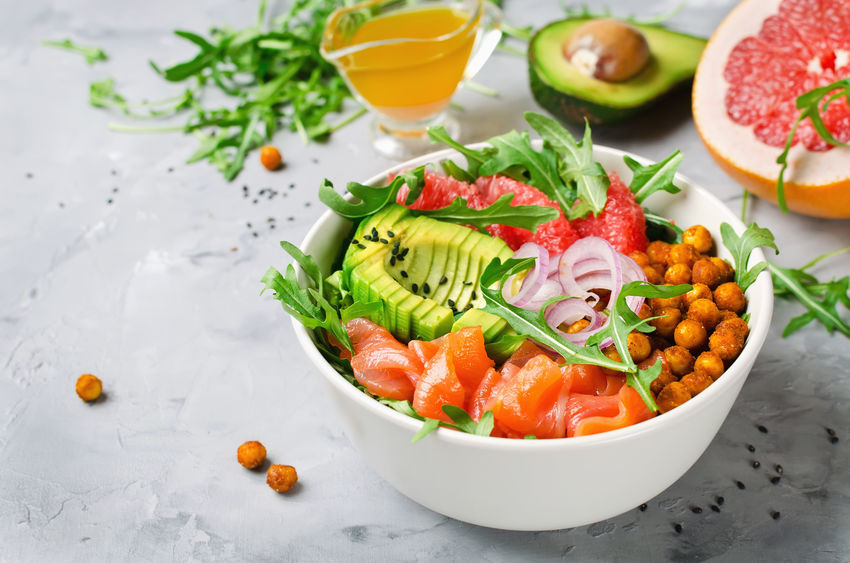What Health Experts Say About Coronavirus and Food Safety

A spokesperson from the USDA’s Food Safety and Inspection service addressed this issue saying that they are not aware of any reports that suggest coronavirus can be transmitted by food and packaging. Other health organizations have issued a similar statement showing that humans cannot be infected via the consumption of contaminated food. However, they agree with the fact that coronavirus could be transmitted if a person is exposed to a recently contaminated surface such as the plate or table. Due to the relatively low stability of COVID-19 in the environment, they are likely to occur during a short period after contamination.
Although there is evidence that animals can be infected with coronavirus, the CDC confirms that the disease can be transmitted from a live animal to a person, but it does not apply to the animal products we purchase and consume. Even if the animal was infected before it was turned into your favorite meat, there are several ways you can safely prepare your food to mitigate any risk.
How Can I Make Sure My Food is Safe to Eat?
- Food Packaging
Coronavirus can survive on different surface materials for different lengths of time. For instance, it can survive up to 24 hours on cardboard, and up to 72 hours on plastic and metal. However, the temperature it is stored at can make a difference, as it tends to survive longer on colder temperatures as opposed to ambient temperatures. This does not mean that you should avoid using your refrigerator or freezer since refrigeration is important to prevent the risk of bacteria forming on food. You can always wash your hands after handling items that you think are contaminated with the virus. Even if the virus is present on the packaging, it still needs to get to your face to infect you. Consider sanitizing your hands and washing them thoroughly with soap to avoid getting the virus.
- Fresh Fruits and Vegetables
According to health experts, washing fruits and vegetables with soap, sanitizers, or detergents is not recommended as the products can be absorbed into produce and cause health problems. The guidance from the USDA is to rinse produce using cold running water. Grocery deliveries are best for high-risk groups like the elderly and immunocompromised individuals as it minimizes the number of people and surfaces you are interacting with. You can have the delivery person drop the goods off at your doorstep so that you can handle it from there. If you prefer going out then it is important to maintain social distancing, minimize your time in the store, and the number of times you go shopping. Always be cautious about the surfaces you touch and be sure to sanitize and wash your hands afterward.
- Cooked Food
If you wish to consume meat or other fresh foods but you are concerned by the fact that the animals could have been infected by COVID-19, you should not be worried since thorough cooking kills the virus. Preparing your food for at least 30 minutes at 140 degrees Fahrenheit proves effective at killing the coronavirus. The USDA in particular, recommends heating your food to an internal temperature of 165 degrees as a baseline for food safety. However, it may vary depending on what you are cooking.
Good Practices When Handling Food During Coronavirus Pandemic
It is important to wash your hands often after handling any food packaging. Clean frequently touched surfaces like the doorknob, refrigerator handle, or cabinets you may have touched while putting groceries away. If you are shopping for yourself, you should probably focus on hand washing well and often. Avoid mixing cleaners when disinfecting surfaces, since the wrong combination of products could create literal poison gas.
It is important to maintain a social distance of at least 6 feet or more when picking up or getting delivery. Keep in mind that restaurants have to follow certain food safety guidelines so you should be worried more about the packaging rather than the food itself. Always take necessary precautions when shopping around for food and groceries, and follow good self-care practices to keep you safe during the coronavirus pandemic.
